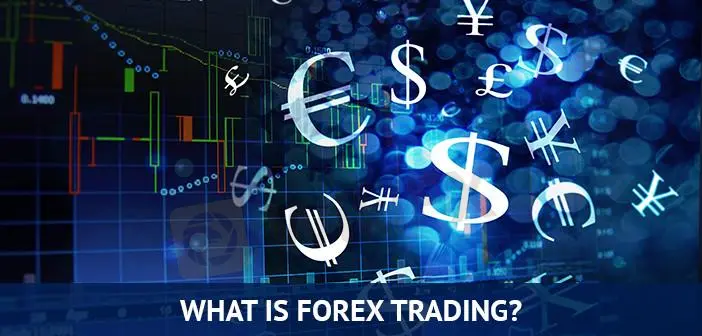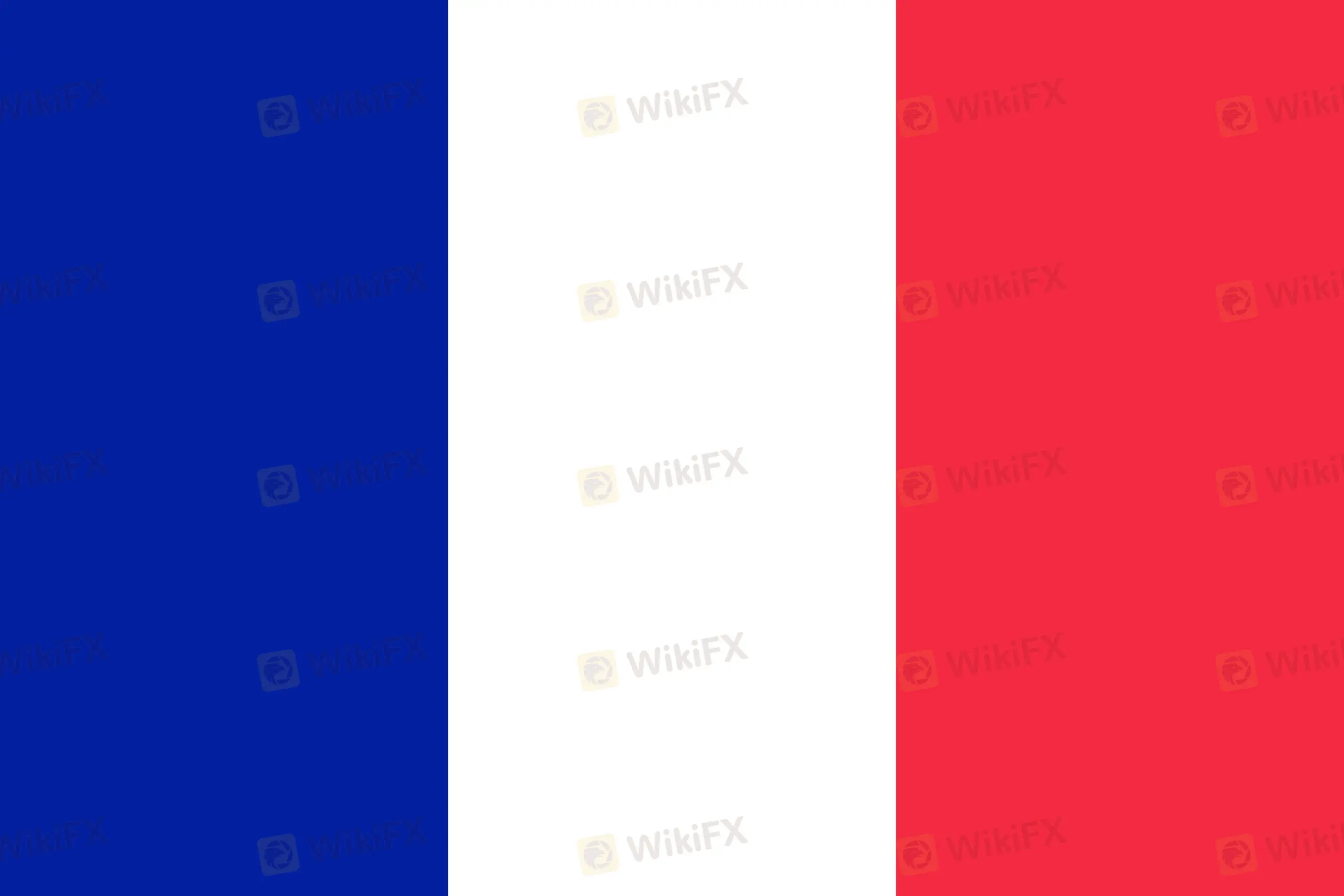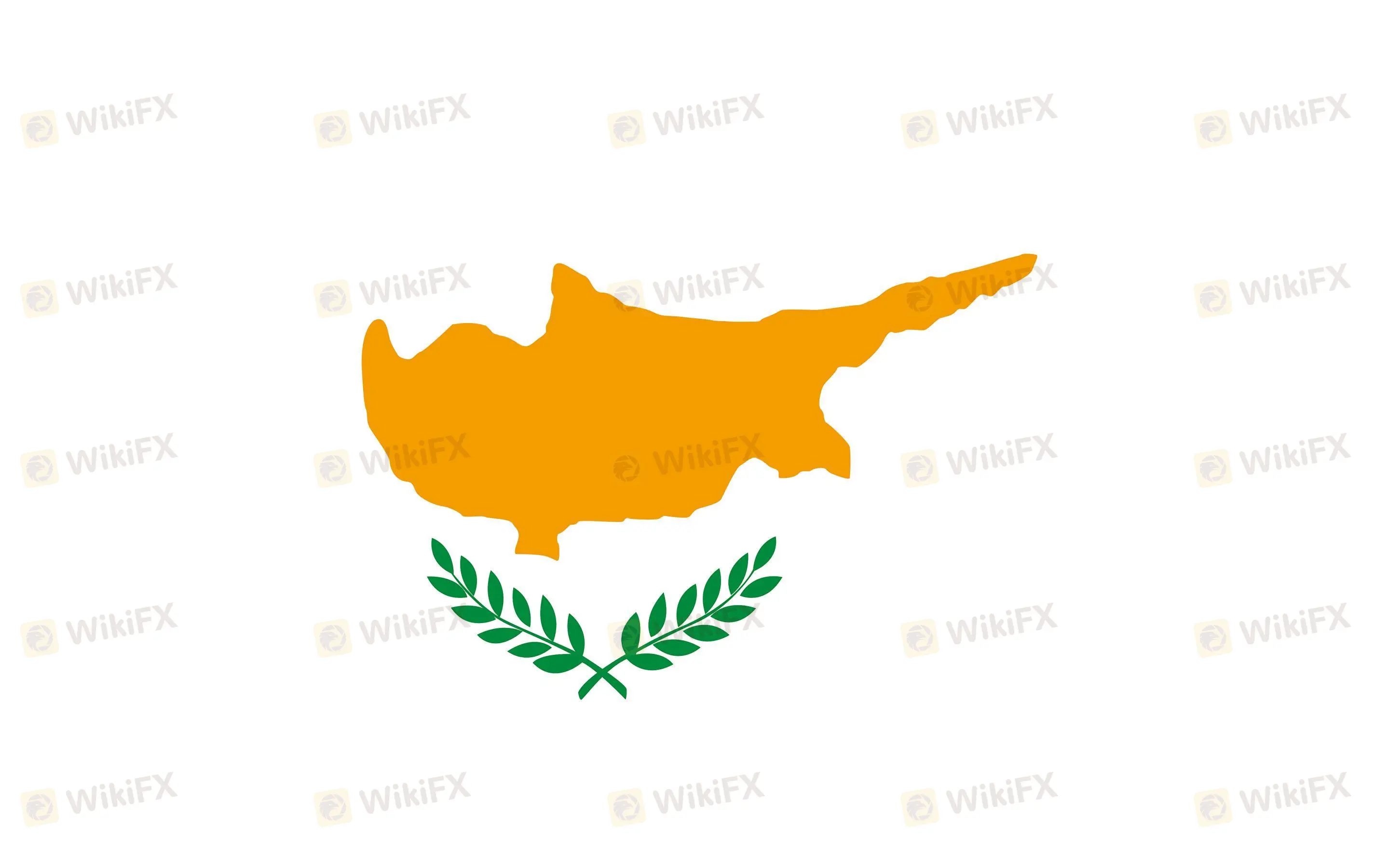简体中文
繁體中文
English
Pусский
日本語
ภาษาไทย
Tiếng Việt
Bahasa Indonesia
Español
हिन्दी
Filippiiniläinen
Français
Deutsch
Português
Türkçe
한국어
العربية
Is Forex Trading Legal or Illegal?
Abstract:Currencies are the lifeblood of the global economy and their trading, commonly known as Forex trading, forms one of the world's largest financial markets. However, with its vast reach and complexity, it's important for traders to understand the regulations that govern this intricate ecosystem. This detailed guide delves into the legalities of Forex trading across various global jurisdictions, offering insights and advice to help you navigate this lucrative but highly regulated market.
What is Forex Trading?
Forex trading, also known as foreign exchange trading or currency trading, is the buying and selling of currencies on the forex market with the aim of making a profit. It is the largest and most liquid market in the world with an average daily trading volume exceeding $5 trillion. All transactions involve two currencies, because you're betting on the value of one currency against another.
For example, you might think the US dollar will rise against the British pound and decide to buy the USD/GBP pair. If the US dollar rises in value, you can then sell it back to make a profit.

Is Forex Trading Legal Everywhere?
Forex trading legality can vary greatly from country to country. In some countries, Forex trading is fully legal and regulated but in others, Forex trading might be banned entirely or have certain restrictions.
Every country has its own financial regulatory bodies and in countries where Forex trading is legal, these bodies typically regulate and control the Forex market and issue licenses to Forex brokers. In the United States, for example, Forex trading is regulated by the National Futures Association (NFA) and the Commodity Futures Trading Commission (CFTC).
In some countries, Forex trading is not regulated and not illegal. In this case, residents are allowed to trade Forex online with international brokers, but the government does not provide any protection to traders from potential fraud or abuse.
In other countries, such as India, Forex Trading is heavily restricted due to the government's efforts to prevent rupee depreciation and protect local industries. Similarly, in China, restrictions are in place to control the outflow of capital from the country.

Understanding the local laws and regulations for Forex trading is crucial for anyone considering becoming involved in this market, as consequences for illegal trading can be severe.
Forex Trading in the US
Forex trading is legal in the United States. However, compared to other countries, the regulations in the U.S. are much stricter. Forex brokers in the U.S. must be registered with the Commodity Futures Trading Commission (CFTC) and the National Futures Association (NFA). These organizations aim to protect the interest of investors, which results in restrictions like lower leverage ratios and no hedging allowed.
| Jurisdiction | Regulator | ||
 | USA |  | Commodity Futures Trading Commission (CFTC) |
 | National Futures Association (NFA) | ||
Note that not all Forex brokers accept U.S. clients, even if they are located in another country. If you are located in the U.S. and want to trade Forex, you should ensure that you use a broker that is both legally registered and accepts U.S. traders.
Forex Trading in the UK
Forex trading is legal in the United Kingdom. In fact, the UK is known to be one of the biggest Forex trading markets in the world. Forex brokers in the UK are regulated by the Financial Conduct Authority (FCA), which is a autonomous regulatory organization that oversees and regulates all financial firms providing services in the UK.
| Jurisdiction | Regulator | ||
 | UK |  | Financial Conduct Authority (FCA) |
The FCA plays a key role in the regulation and proper functioning of the Forex market, ensuring that all Forex brokers in the UK adhere to the necessary legal procedures and operate with full transparency.
Forex Trading in the EU
Forex trading is legal in the European Union. Forex brokers operating in the EU are regulated by various national bodies that comply with the rules set by the European Securities and Markets Authority (ESMA), a European-wide regulatory agency.
| Jurisdiction | Regulator | ||
 | EU |  | European Securities and Markets Authority (ESMA) |
 | Germany |  | Federal Financial Supervisory Authority (BaFin) |
 | France |  | Autorité des Marchés Financiers (AMF) |
 | Italy |  | Italian Securities and Exchange Commission (CONSOB) |
 | Spain |  | National Securities Market Commission (CNMV) |
 | Netherlands |  | Dutch Authority for the Financial Markets (AFM) |
 | Belgium |  | Financial Services and Markets Authority (FSMA) |
 | Cyprus |  | Cyprus Securities and Exchange Commission (CySEC) |
ESMA has implemented rules to protect retail Forex traders, including a limit on the maximum leverage and a mandatory negative balance protection. This means traders cannot lose more money than they have deposited. However, regulation can vary between different countries within the EU, so it's always a good idea to research the specific regulations of your own country.
Forex Trading in Australia
Forex trading is legal in Australia. It is regulated by the Australian Securities and Investments Commission (ASIC), which is the financial authority in Australia.
| Jurisdiction | Regulator | ||
 | Australia |  | Australian Securities and Investments Commission (ASIC) |
ASIC ensures that Forex brokers comply with their regulatory guidelines to protect traders from fraud and manipulation. Any Forex trading conducted in Australia should be done through a broker that is fully licensed and regulated by ASIC.
Forex Trading in Asia
Forex trading legality varies widely across Asia. In many countries such as Singapore, Japan, and Hong Kong, Forex trading is legal and well-regulated. However, in others like India and China mainland, tighter regulations are in place making Forex trading more restricted.
In countries where Forex trading is allowed, it's typically regulated by a financial authority to protect traders and maintain integrity in the market. In Singapore, for example, Forex trading is regulated by the Monetary Authority of Singapore (MAS).
| Jurisdiction | Regulator | ||
 | Singapore |  | Monetary Authority of Singapore (MAS) |
 | Japan |  | Financial Services Agency (FSA) |
 | Hong Kong |  | Securities and Futures Commission (SFC) |
 | India |  | Reserve Bank of India (RBI) |
 | the Philippines |  | Securities and Exchange Commission (SEC) |
However, there are several countries in Asia where Forex trading is either heavily regulated or outright banned. In China, the governmental restrictions on international Forex trading are quite stringent. For example, resident individuals in China are allowed to exchange and trade Forex up to a limit. In India, trading currency pairs other than those paired with INR (Indian Rupee) is considered illegal.
Forex Trading in Africa
The legality of Forex trading in Africa varies from country to country. In South Africa, for instance, Forex trading is legal and regulated by the Financial Sector Conduct Authority (FSCA). Many South African citizens are involved in Forex trading as either traders or brokers.
In Kenya, Forex trading is also legal and has been increasingly popular over the years. The main regulatory body in Kenya is the Capital Markets Authority (CMA), which oversees Forex trading and licenses brokers.
| Jurisdiction | Regulator | ||
 | South Africa |  | Financial Sector Conduct Authority (FSCA) |
 | Kenya |  | Capital Markets Authority (CMA) |
 | Nigeria |  | Securities and Exchange Commission (SEC) |
However, there are countries where the Forex market is not regulated, and in some, it might even be heavily restricted.
Risks You Take on if You Trade Forex Illegally
Trading Forex illegally can lead to severe consequences.
Legal Penalties: The most immediate risk of trading Forex illegally is running into legal trouble. Penalties vary by jurisdiction, but they can include heavy fines, property seizure and, in some cases, incarceration.
Financial Risk: Illicit Forex trading often involves unregulated or poorly regulated brokers, posing a high risk of fraud. Illegal brokers can manipulate your trades to their benefit or may not let you withdraw your profits.
Lack of Transparency: Illegal Forex trading entities often lack transparency, making it hard for you to get clear information about the trading conditions, or worse, about where your money is going.
No Protection: Trading with legally recognized brokers gives you certain protections and avenues to seek redress if something goes wrong. With illegal Forex trading, you have none of this protection.
Reputation Risk: If you're a professional investor, getting caught up in illegal Forex trading can do serious damage to your reputation, and potentially impact your career.
Given these substantial risks, it's recommended not to engage in illegal Forex trading. Instead, always ensure you're dealing with a broker that is registered and regulated by the proper authorities in your jurisdiction.
How to Trade Forex Legally and Safely?
Know Your Country's Regulations: Every country has different regulations when it comes to Forex trading. It's important to understand what is the legal framework for Forex trading in your country.
Find a Regulated Broker: When choosing a Forex broker, it's crucial to select one that's regulated by a respected financial authority. This protects you from fraud and adds a layer of accountability.
On WikiFX, we strive to deliver the most relevant and up-to-date regulatory information about forex brokers. We understand how vital it is to know your broker's regulatory status before investing your hard-earned money. Our team conducts an extensive background check on forex brokers from around the globe to provide you with their regulatory data and other critical aspects.
By using WikiFX, you can easily verify a broker's regulatory status and steer clear of potential frauds or unregulated platforms. Knowledge is power - stay informed, stay safe and always check a broker's regulatory status on WikiFX before investing. It's easy, fast, and can save you from unnecessary losses.
Protect Yourself: Always follow safe trading practices. Use risk-reducing techniques such as stop-loss orders to limit potential losses and diversify your portfolio to help distribute risk.
Stay Informed: Stay updated on the latest market news, trends and analysis to make informed decisions. Keep learning about the Forex market, trading strategies, and risk management.
Report Suspicious Activities: If you suspect that your broker is involved in illegal activities or unethical practices, report them to the local regulatory body.
Get Professional Advice: If in doubt, speak with a financial advisor or a lawyer who specializes in this area. It's always safer to get professional advice when dealing with complex legal and financial issues.
Trading Forex can be rewarding but also carries significant risk, so it's always important to do it in a lawful and safe manner. Don't rush into it - take your time to learn, practice and make well-informed decisions.
Conclusion
Forex trading is legal in many worldwide jurisdictions including the United States, United Kingdom, European Union, Australia and certain regions in Asia and Africa. However, the degree of regulation and restrictions imposed on Forex trading can vary greatly from one country to another. Before engaging in Forex trading, it's crucial to be aware of your country's specific regulations, to choose a reputable and regulated broker, and to follow safe trading practices.
Forex Trading FAQs
Is Forex trading legal in all countries?
No, Forex trading is not legal in all countries. There are a few countries where Forex trading is banned or heavily restricted, as governments consider it too risky for the public. Examples of such countries include North Korea and Iran. In other countries, such as India, Forex trading is heavily regulated and certain types of Forextrades are prohibited. It's important to research the specific laws and regulations related to Forex trading in your own country before getting started.
In which countries Forex trading is legal?
Forex trading is legal in many countries, provided it is conducted under the regulatory norms of that particular country. Some of these include:
United States: Regulated by the National Futures Association (NFA) and the Commodity Futures Trading Commission (CFTC).
United Kingdom: Regulated by the Financial Conduct Authority (FCA).
Australia: Regulated by the Australian Securities and Investment Commission (ASIC).
Japan: Regulated by the Financial Services Agency (FSA).
Canada: Regulated by the Investment Industry Regulatory Organization of Canada (IIROC).
Singapore: Regulated by the Monetary Authority of Singapore (MAS).
Germany: Regulated by the Bundesanstalt für Finanzdienstleistungsaufsicht (BaFin).
In which countries Forex trading is illegal?
Forex trading is banned or heavily restricted in a few countries mostly due to economic instability or concerns over public exploitation. Some of these countries include:
North Korea: Due to stringent government regulations and international sanctions, Forex trading is essentially non-existent.
Iran: International sanctions and government control over foreign exchange make Forex trading illegal in Iran.
Cuba: Forex trading is illegal, largely because of its socialist economic system and embargo with the US.
India: While not completely illegal, Forex trading is heavily regulated in India, and it's forbidden to trade currency pairs that don't include the Indian Rupee.
Note that regulations can change rapidly, always check the most recent legal status of Forex trading in any specific country. In any case, it's advisable to trade with a Forex broker that is fully regulated by a recognized financial regulatory body.
Can beginners trade Forex?
Yes, beginners can trade Forex, but they should educate themselves about it, practice with demo accounts, plan their trades, use a proven strategy, select a good broker, and use risk management strategies. Forex trading involves high risk.
Disclaimer:
The views in this article only represent the author's personal views, and do not constitute investment advice on this platform. This platform does not guarantee the accuracy, completeness and timeliness of the information in the article, and will not be liable for any loss caused by the use of or reliance on the information in the article.
WikiFX Broker
Latest News
Will Gold Break $2,625 Amid Fed Caution and Geopolitical Risks?
ECB Targets 2% Inflation as Medium-Term Goal
New Year, New Surge: Will Oil Prices Keep Rising?
PH SEC Issues Crypto Guidelines for Crypto-Asset Service Providers
FTX Chapter 11 Restructuring Plan Activated: $16 Billion to Be Distributed
Think Before You Click: Malaysian Loses RM240,000 to Investment Scam
Bithumb CEO Jailed and Fined Over Bribery Scheme in Token Listing Process
WikiFX Review: Something You Need to Know About Saxo
Is PGM Broker Reliable? Full Review
Terraform Labs Co-founder Do Kwon Extradited to the U.S. to Face Fraud Charges
Currency Calculator






